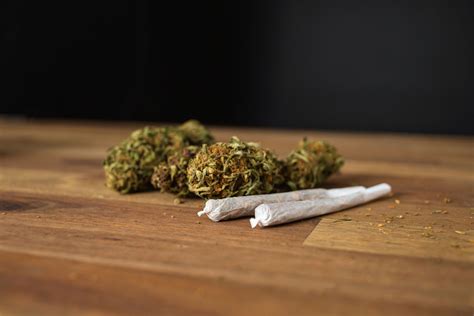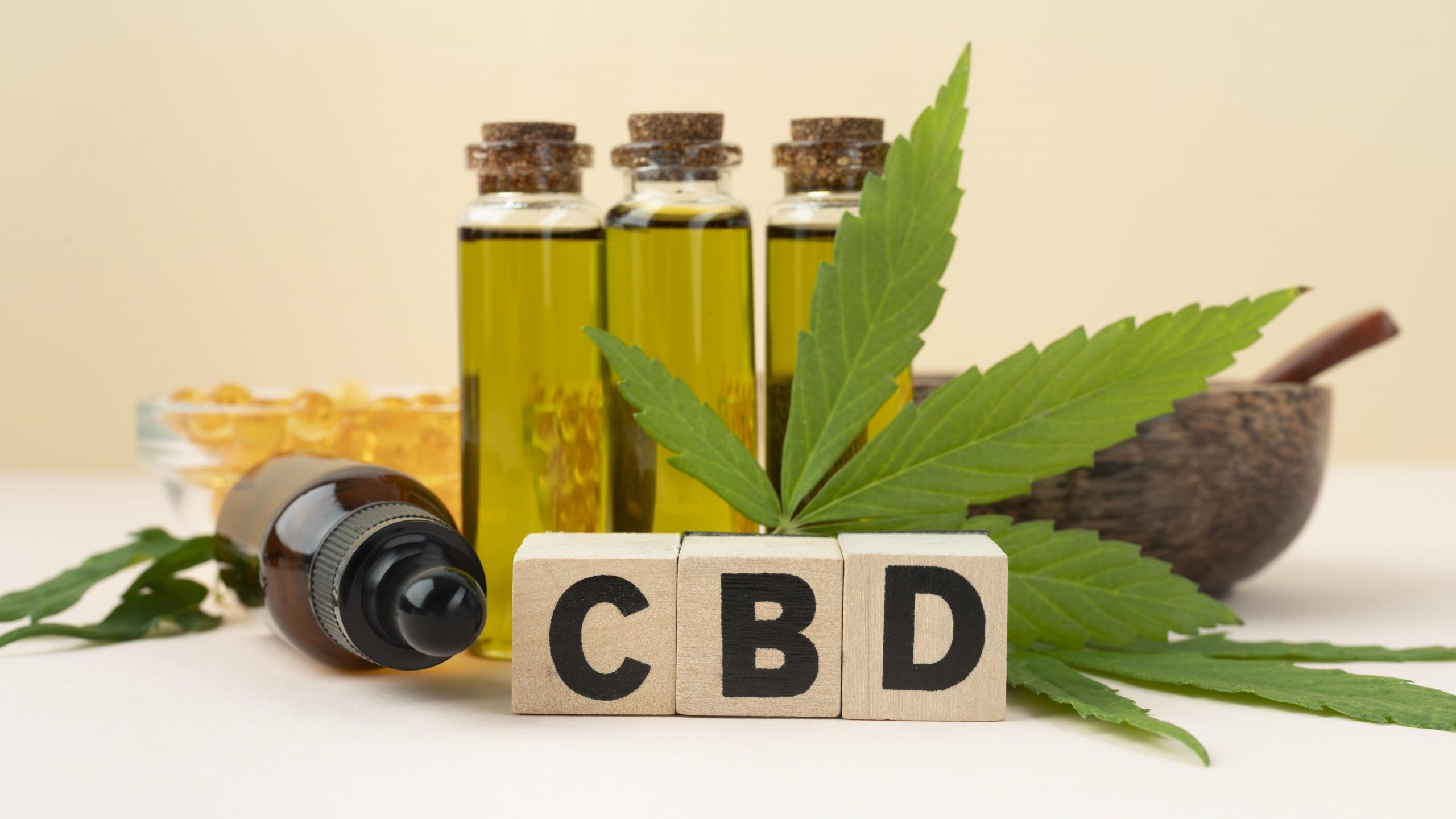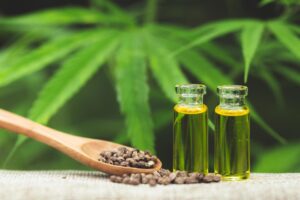The world of cannabis-derived products has exploded in popularity, with terms like Hemp Online and CBD Online flooding search engines and sparking curiosity. Yet, confusion persists about what sets hemp apart from CBD and why their differences matter. Both come from the same plant family, but their uses, benefits, and legal landscapes diverge significantly. This blog post untangles the intricacies of hemp and CBD, diving into their unique properties, backed by facts and figures, to reveal why they’re transforming industries and wellness routines alike.
Roots of the Cannabis Conundrum
Hemp and CBD both originate from the Cannabis sativa plant, a species with a rich history spanning thousands of years. Cultivated for everything from textiles to medicine, cannabis has been a cornerstone of human innovation. However, the plant’s two primary variants—hemp and marijuana—differ in their chemical makeup, particularly in levels of THC (tetrahydrocannabinol), the compound responsible for marijuana’s psychoactive “high.” Hemp contains 0.3% or less THC, while marijuana often exceeds 20%. CBD, or cannabidiol, is a non-psychoactive compound found in both but is most commonly extracted from hemp due to its low THC content. Understanding this distinction is key to navigating the world of Hemp Online and CBD Online markets, where products range from oils to fabrics.
In 2023, the global hemp market was valued at $6.8 billion, projected to reach $16.7 billion by 2030, according to Statista. Meanwhile, the CBD market hit $7.1 billion in 2024 and is expected to grow at a compound annual growth rate of 15.6% through 2032. These figures reflect surging consumer interest, but the overlap in terminology often muddies the waters. Let’s break it down.
Hemp: The Versatile Powerhouse
Hemp is a multi-faceted marvel, prized for its fibers, seeds, and stalks. Its low THC content makes it non-intoxicating, allowing it to shine in industries far beyond wellness. Hemp’s fibers are used to create durable textiles, paper, and even bioplastics, with hemp-based materials being 2.5 times stronger than cotton and biodegradable, per a 2021 study in the Journal of Cleaner Production. Hemp seeds, packed with protein, omega-3 fatty acids, and minerals, are a nutritional goldmine. A single ounce provides 10 grams of protein, rivaling animal-based sources, making hemp seeds a staple in vegan diets and health-focused products available through Hemp Online retailers.
Hemp’s environmental benefits are equally compelling. It requires 50% less water than cotton and sequesters 1.63 tons of carbon dioxide per ton of fiber produced, according to the European Industrial Hemp Association. This makes it a darling of sustainable agriculture, often dubbed a “carbon-negative” crop. From construction materials like hempcrete to biofuels, hemp’s versatility is unmatched. In 2022, the U.S. alone produced 33 million pounds of hemp fiber, with applications spanning automotive parts to eco-friendly packaging.
Yet, hemp’s role in wellness can’t be ignored. Hemp seed oil, distinct from CBD oil, is rich in gamma-linolenic acid, linked to reduced inflammation and improved skin health. Products like these dominate Hemp Online platforms, where consumers find everything from hemp-based foods to skincare. However, hemp’s CBD content is minimal, which is where CBD-specific products take center stage.

CBD: The Wellness Wonder
CBD, a cannabinoid extracted primarily from hemp, is the star of the wellness world. Unlike hemp’s broad industrial applications, CBD’s fame lies in its therapeutic potential. It interacts with the body’s endocannabinoid system, which regulates mood, sleep, and pain perception. A 2020 study in Frontiers in Pharmacology found CBD effective in reducing anxiety in 70% of participants, while a 2019 Journal of Pain study reported 62% of chronic pain sufferers experienced relief with CBD use. These findings fuel the booming CBD Online market, where tinctures, gummies, and topicals abound.
The legality of CBD hinges on its source. Hemp-derived CBD with less than 0.3% THC is legal in the U.S. under the 2018 Farm Bill, while marijuana-derived CBD remains federally restricted. Globally, regulations vary, but the World Health Organization’s 2018 report deemed CBD non-addictive and safe for use. This has spurred innovation, with CBD White Label products—where manufacturers produce CBD goods for third-party branding—growing by 25% annually, per a 2024 Grand View Research report. These products allow businesses to enter the market without developing their own formulations, driving accessibility.
CBD’s benefits extend beyond humans. Pet products, like CBD-infused treats for dogs, have surged, with sales reaching $600 million in 2023. Anecdotal evidence suggests CBD eases pet anxiety and joint pain, though veterinary studies are ongoing. From capsules to bath bombs, CBD Online platforms cater to diverse needs, but quality varies. Third-party lab testing is critical, as a 2017 JAMA study found 26% of CBD products were mislabeled, containing more or less CBD than advertised.
Comparing Benefits and Uses
Hemp and CBD serve distinct purposes. Hemp’s strength lies in its sustainability and nutritional profile. Its seeds and oil offer heart-healthy fats and anti-inflammatory properties, while its fibers revolutionize eco-friendly manufacturing. CBD, however, targets specific health concerns. Clinical trials, like those in Epilepsia (2018), show CBD reduces seizures in epilepsy patients by up to 50%, leading to FDA-approved drugs like Epidiolex. For everyday users, CBD’s calming effects make it a go-to for stress and sleep issues, with 14% of Americans using it regularly, per a 2023 Gallup poll.
Hemp’s industrial applications dwarf CBD’s scope. In 2022, hemp-based construction materials saved 1.2 million tons of CO2 emissions globally, per the International Hemp Association. CBD, while environmentally neutral, lacks this macro impact but excels in personal wellness. Hemp Online markets emphasize seeds and textiles, while CBD Online focuses on health products. CBD White Label options bridge the gap, enabling businesses to tap into CBD’s popularity without hemp’s broader industrial investment.
Navigating the Market Maze
The rise of Hemp Online and CBD Online platforms has democratized access, but challenges remain. Hemp products face fewer regulatory hurdles, as they’re often THC-free and used in non-consumable goods. CBD, however, navigates a patchwork of state and international laws. In the U.S., 37 states allow CBD sales, but labeling standards lag. Consumers must prioritize products with certificates of analysis to ensure purity. CBD White Label brands, while convenient, require scrutiny, as some cut corners on quality.
Misinformation also clouds the landscape. Hemp is often mistaken for marijuana, and CBD’s benefits are sometimes overstated. While hemp’s environmental and nutritional perks are undeniable, CBD’s efficacy depends on dosage and individual response. A 2021 Cannabis and Cannabinoid Research study noted that 25-50 mg of CBD daily is effective for most users, but higher doses don’t always yield better results. Education is key to making informed choices in this dynamic market.
The Future of Hemp and CBD
Hemp and CBD are poised for exponential growth. Hemp’s role in sustainable industries—from biodegradable plastics to carbon-neutral construction—positions it as a climate change warrior. By 2030, hemp could replace 10% of global cotton production, per MarketsandMarkets. CBD, meanwhile, is expanding into pharmaceuticals and cosmetics, with CBD White Label products projected to account for 30% of the market by 2028. As research deepens, both will likely uncover new applications, from hemp-based batteries to CBD-infused mental health therapies.
In conclusion, hemp and CBD are two sides of the Cannabis sativa coin, each with unique strengths. Hemp’s versatility fuels sustainable innovation, while CBD’s therapeutic promise transforms wellness. Whether you’re browsing Hemp Online for eco-friendly goods or CBD Online for health solutions, understanding their differences empowers smarter choices. As these industries evolve, their impact on our planet and well-being will only grow, rooted in science and sprouting with possibility.
Discover the power of hemp and CBD with NanoHempTechLabs! Our premium Hemp Online and CBD Online products harness the versatility of hemp and the wellness benefits of CBD, crafted with cutting-edge nanotechnology for maximum efficacy. From sustainable hemp seed oils to high-potency CBD White Label tinctures, our offerings meet rigorous quality standards, backed by third-party lab testing. Join the booming $7.1 billion CBD market and eco-friendly hemp revolution with NanoHempTechLabs. Elevate your brand with our wholesale solutions. Schedule a call today to explore partnership opportunities and unlock the future of wellness!
Reference:
- Bartončíková, M., Lapčı́ková, B., Lapčík, Ľ., & Valenta, T. (2023). Hemp-derived cbd used in food and food supplements. Molecules, 28(24), 8047. https://doi.org/10.3390/molecules28248047
- Cerino, P., Buonerba, C., Cannazza, G., D’Auria, L., Ottoni, E., Fulgione, A., … & Gallo, A. (2021). A review of hemp as food and nutritional supplement. Cannabis and Cannabinoid Research, 6(1), 19-27. https://doi.org/10.1089/can.2020.0001
- Khanal, A. and Shah, A. (2024). Techno-economic analysis of hemp production, logistics and processing in the u.s. Biomass, 4(1), 164-179. https://doi.org/10.3390/biomass4010008





